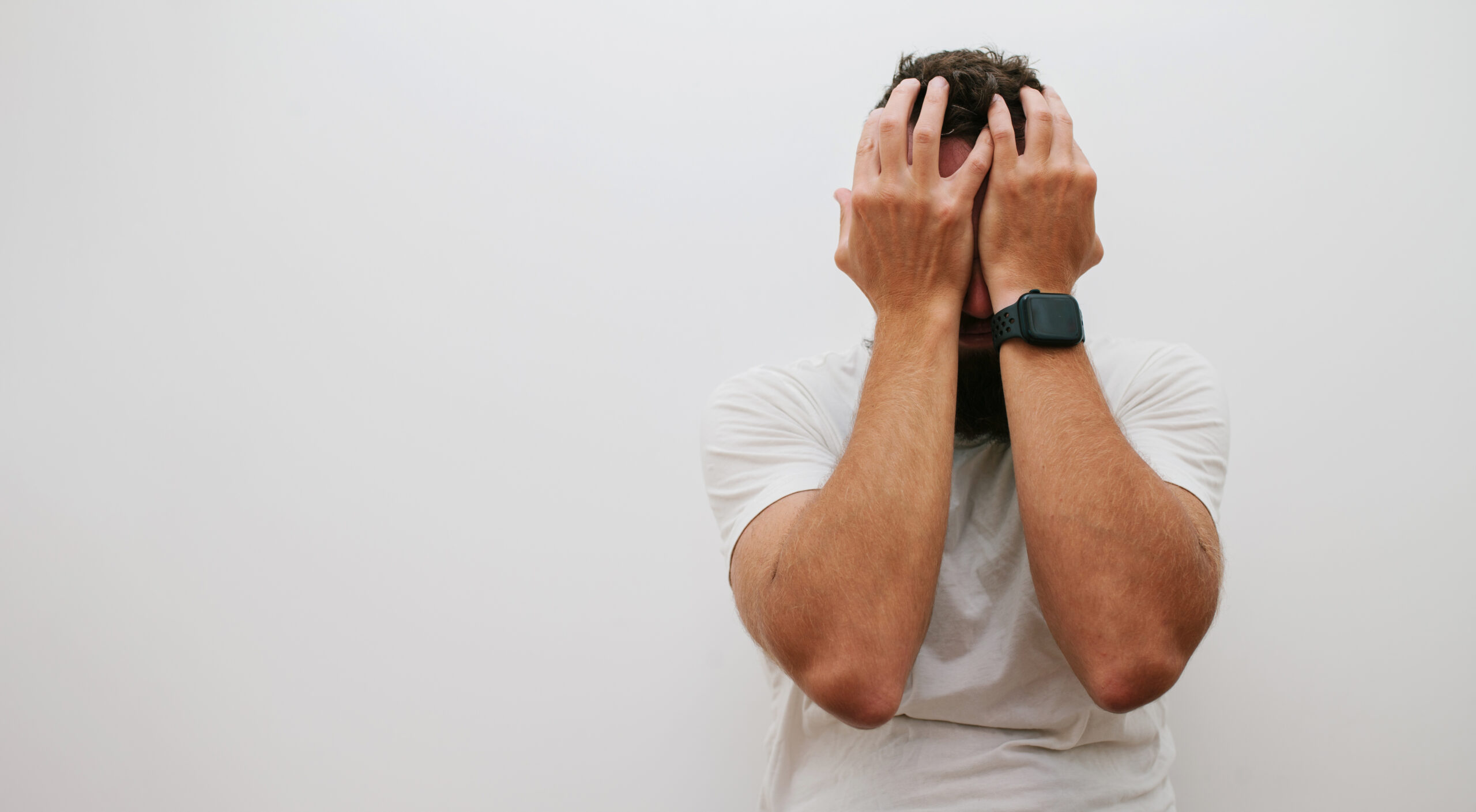Finding Long Term Treatment for Sex Addiction
Valiant Living has a unique approach to sex addiction treatment that can help individuals struggling with this difficult issue. Rather than focusing on shame and isolation, Valiant Living encourages clients to develop healthy coping mechanisms and to openly discuss their experiences with others.
This approach can be incredibly helpful for those who are struggling with sex addiction, as it can provide much-needed support and understanding. It can also help individuals to learn how to better manage their impulses and make healthier choices in regard to sexual activity.
Our team of experienced professionals is dedicated to helping men overcome substance abuse and mental health issues and achieve lasting recovery.
Our program includes a range of therapies and activities that are tailored to the unique needs of each individual, including individual and group counseling, holistic therapies, and outdoor activities. With the help of our team, you can build the skills and confidence you need to navigate your secret life and build a stronger and more fulfilling relationship with your spouse.
Valiant Living can help you or your loved one reconnect and start living a healthy, productive life. We offer a variety of treatment options that are tailored to each individual’s needs.
If you or someone you know is struggling with sex addiction, consider seeking out treatment from a provider who uses the Valiant Living approach.












